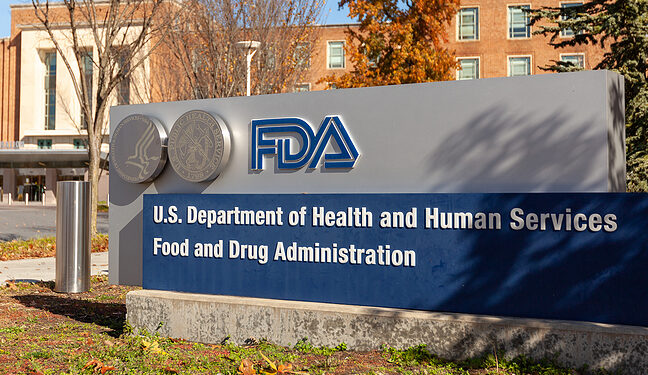After years of threats against vaping companies, misguided bans, and confusing changes in regulatory guidance, the Food and Drug Administration (FDA) may finally be changing its tune on vaping products and tobacco harm reduction (THR). If the FDA is serious, it will finally stop blocking the safer alternatives adults are trying to choose for themselves.
In remarks delivered at the Food and Drug Law Institute’s (FDLI) 2025 Tobacco and Nicotine Products Regulation and Policy Conference, Center for Tobacco Products Acting Director Dr. Bret Koplow stated he supports promoting a THR approach to reduce cigarette smoking.
In an X summary of Dr. Koplow’s remarks, long-time THR advocate Cliff Douglas noted, “He also carefully supports the potential for increasing the range of flavored e-cigs that could be authorized for sale.” While these comments should be celebrated, the FDA has a long history of making pro-THR promises it can’t keep. The agency should allow smokers reduced-risk alternatives to help them quit the deadly scourge of cigarettes.
THR offers significant benefits by providing smokers with less dangerous alternatives and encouraging smokers to quit traditional cigarettes for good. Despite onerous FDA regulations playing a significant role in hampering access, the number of different e-cigarette devices sold in the U.S. has tripled to more than 9,000 since 2020.
This increase is, unfortunately, driven mainly by unauthorized disposable vaping products from China. A more balanced approach that promotes regulated, readily accessible harm-reduction products would be a better alternative, but the FDA has been slow to make changes and approve regulated products.
The FDA’s slow and burdensome premarket tobacco product application (PMTA) process for vaping products puts consumers at risk by driving them towards illicit markets while they wait for approved products. The FDA has authorized only 39 vape products as of 2025 through the PMTA process, yet it has received nearly 27 million applications.
In making these sweeping rejections, the FDA refuses to acknowledge the evidence that vaping is an effective substitute for cigarettes. As noted in a 2023 analysis, “[b]etween 2005 and 2021, traditional smoking rates dropped by 45 percent, from 20.9 percent (nearly 21 out of every 100 adults) to 11.5 percent (nearly 12 out of every 100 adults). From 2007 to 2015, more than three million U.S. adults used THR products to quit smoking cigarettes. A March 9, 2023, Centers for Disease Control (CDC) report found that in 2021, among American adults currently using e-cigarettes, 40.3 percent had formerly smoked cigarettes.” Yet the FDA remains steadfast in restricting THR products at every level, making it harder for adult consumers to obtain regulated products.
Even when the FDA doesn’t outright ban products, its guidance has proven far too confusing for vaping producers. In guidance provided to vaping manufacturers on product approval, the FDA had stressed the importance of providing airtight marketing plans to prevent youth from getting their hands on e-cigarettes. The agency claimed these marketing plans were “critical” and stated in no uncertain terms that it “will review the marketing plan[s]” in making approval decisions. Then, once more than one million product applications came in the door, the FDA did a surprise switcheroo and completely ignored the marketing plans. It proceeded to deny virtually all the applications, claiming that the real key to approval was statistical evidence on switching from cigarettes to vapes.
This regulatory behavior certainly seems “arbitrary and capricious” — which refers to baseless or erratic agency actions outside the scope of the Administrative Procedure Act. While the Supreme Court did not see it that way in the Triton case, future cases will put fresh scrutiny on the FDA’s approval processes. The Taxpayers Protection Alliance has long been concerned by reckless and prohibitionary FDA policies, and said as much in its Triton amicus brief. The FDA would be wise to listen and save smokers’ lives by embracing harm reduction.


